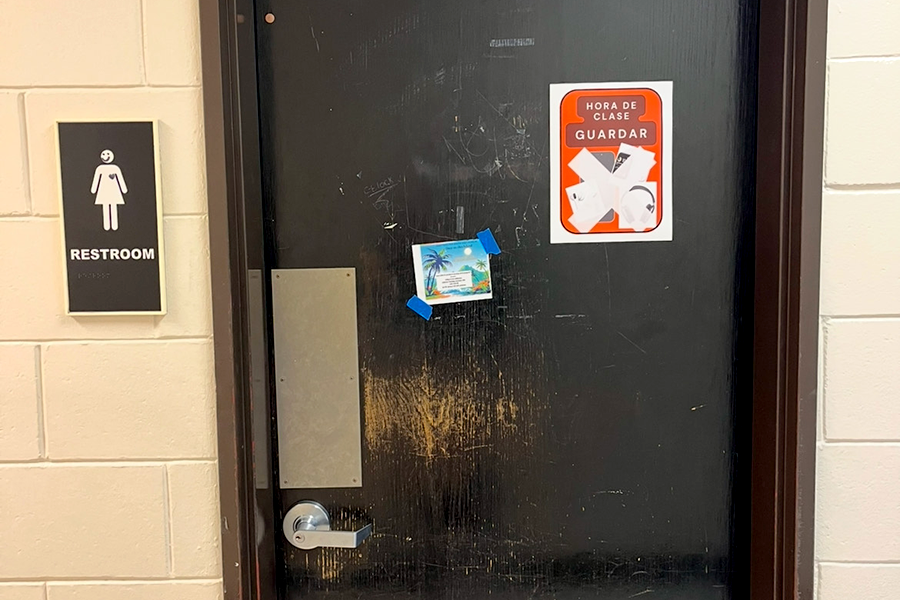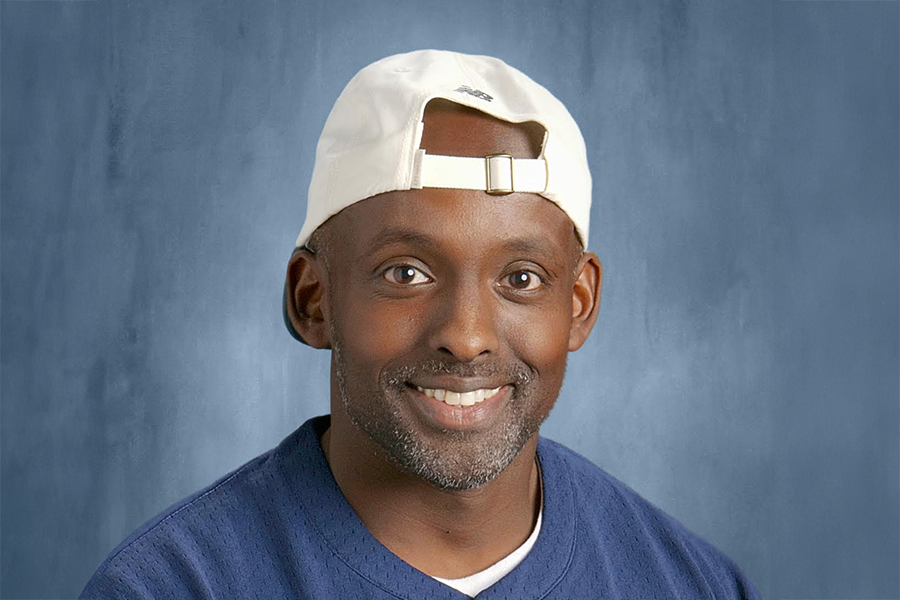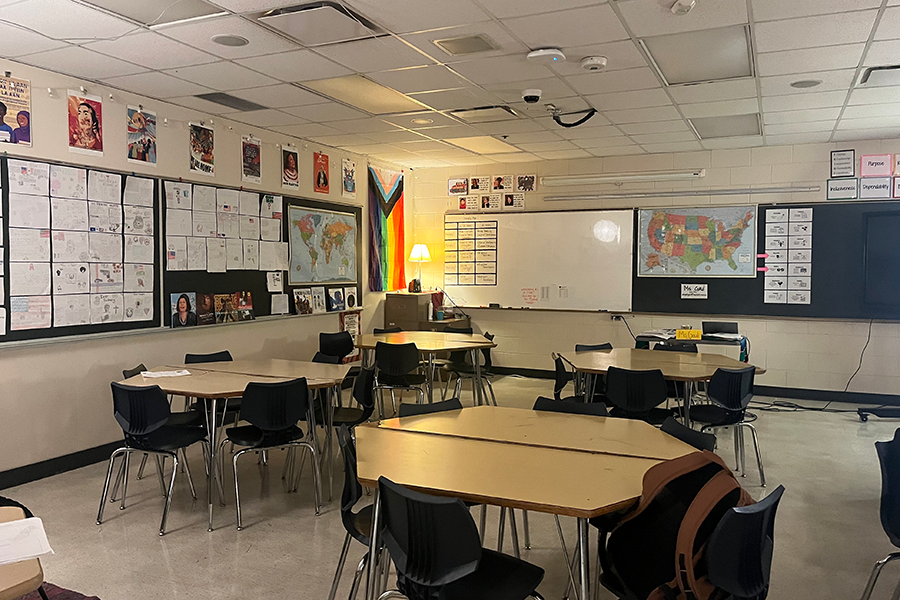Walking into the College and Career Center at South, there are many posters on display promoting colleges, with beautiful pictures of campuses, grounds, and smiling students. The advertising for the military is quite different. In military leaflets and magazines there are pictures of tough, serious faces and articles pertaining to the trauma of war. To many, choosing a career that you may not survive seems unthinkable. But to others, it is an easy decision to make.
“Some people want to go to college; I want to be a soldier.” said junior Avery Rivera, who cites his main reasons for joining the military as “camaraderie, and being part of a team.”
For junior Connor Bass, having both parents in the Navy has influenced his decision. The attraction of free college education is strong for many, as well as being spared the decisions that college demands, such as choosing a major.
For others, it is more of a sense of duty, as South High graduate Eliot Bieletto puts it. Bieletto is currently attending West Point, and feels as though he’s made the right decision with his life. After high school, Bieletto said he didn’t get much of a summer vacation, and jumped right into life at West Point. “I expected it to be difficult, and to be physically, mentally, and emotionally challenged. It’s lived up to my expectations, but it wasn’t that bad.” he said.
Arthur French, who teaches German at South, remembers watching the Twin Towers burn on television in his classroom on September 11, 2001. “They thought it was a movie.” said French of his students, “they didn’t understand the implications. Now everyone knows someone who is involved in the war. They’re realizing it isn’t a game anymore.”
French knows firsthand the hardships of war. Though he served in Iraq for half a year in 2003 and again for full year in 2009-2010, French claimed he has talked more students out of joining the military than he has talked into it. He said it’s something you “shouldn’t do lightly. It becomes part of you – if your heart’s not in it 100%, you shouldn’t do it.”
According to French, half of the many funerals he attended while serving were of soldiers who committed suicide. He said many students join on the basis of an illusion, and don’t realize what they’re signing up for. “It’s a lethal occupation,” French said, “consider what it is you’re doing and why you’re doing it.”
French said another reason there are so many suicides in the military is that, when enlisting, teens have “no expectation management.” He goes on to describe a scenario in which a young person enlists imagining adventures and glory, then returns home and gets married. That soldier doesn’t consider that fighting overseas can place great strain on family life. When the young soldier’s family life is torn apart, he can often resort to suicide.
Some students at South currently looking to enlist, however, seem to be mentally prepared. Rivera said he expects it to be “a lot of hard work, dedication, and a lot of miserable days,” and Bass expects it to be “tough, mentally and physically.”
Representatives from the military come twice a year to South, just like college representatives. But according to Anne Erickson, College and Career Center Counselor at South, only 1-3% of South’s population ends up enlisting. Bass said that most students at South “aren’t raised the same way” and described their mindset as “anti-war.”
However, French said that “in spite of our democratic location, everyone was really supportive.” French said his students’ reactions to his time spent in service was “really, really cool.” People were interested in what he was doing, and very respectful. Bieletto, on the other hand, encountered mixed results of reactions to his decision: there was respect, and there were people who didn’t understand.
“It was something that I had to explain if they didn’t understand. I would tell them I was going to West Point and they wouldn’t know what it was. People would ask, ‘why?’”
For Rivera, being somewhat of a minority at South doesn’t really matter. He said he has encountered some worrying about his welfare, but “nothing political.”
“People are interested,” said Bass, “but there are also opposing views.” He wants people to understand that his decision is “not about the killing or the fighting.” If anything, Bass hopes it will help him develop as a person.
With this decision comes immense responsibility. “As an eighteen-year-old person,” said French, “you’re holding people’s lives in your hands.” And though it’s been difficult, Bieletto said his leadership skills have improved immensely. He said, “you’re in charge of people,” and that forces you to grow as a leader. “West Point’s curriculum is built around a three-pillar vision,” said Bieletto, “with classes on ethics, education, and development as a leader.”
Though the decision to join the military may seem unimaginable to some people, for others it is very clear. There are benefits to be considered as well as costs. As Rivera said: “That’s just who I am, what I want to be.”







